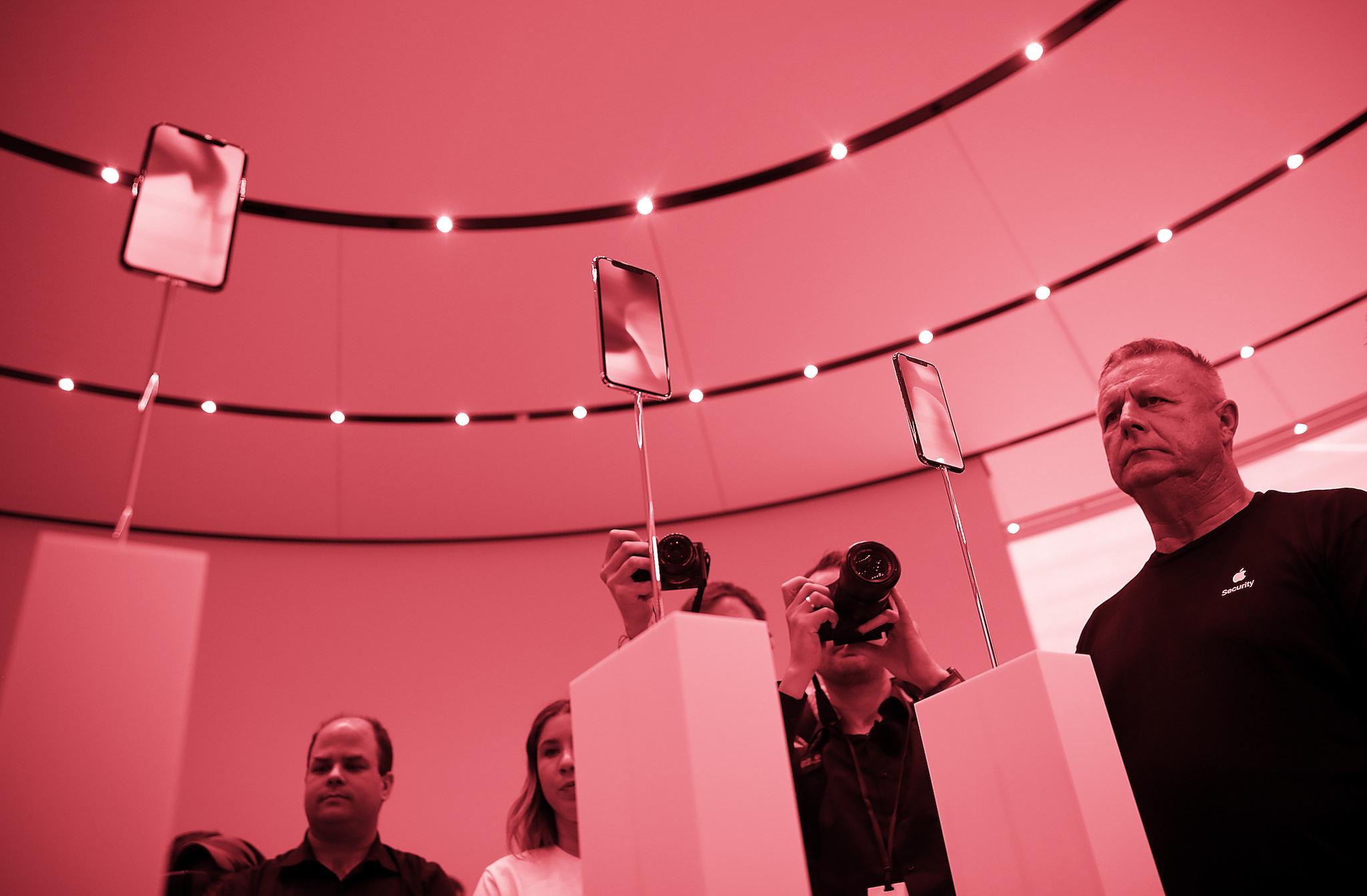iPhone slow: The truth about whether Apple really does slow down old phones when new ones come out

Do old iPhones really slow down when new ones come out? Probably not – and it certainly hasn't been proven.
A story flew around the internet this week, on the back of the release of the iPhone 8, that claimed to have proven that iPhones were intentionally slowed down when new ones came out.
The article posted online suggested that Apple slows down phones to "increase the sales of [its] latest product", because it would "use any possible trick" to increase their profit. It relied on a "Harvard study" to prove that, suggesting that it had finally proven what everyone knows: that phones are secretly slowed down by Apple.
But there is no proof Apple does this, plenty of proof it doesn't and there isn't really such a study.
That didn't stop the story being spread widely on the internet. Before it went down, the article had been shared by more than 270,000 people, and likely read by many more than that.
Though the Harvard study being referenced is real, it didn't prove that Apple slow down their phones. It did show something almost as interesting – but not quite as incendiary.
What the study actually found was that – as anyone can see by checking Google Trends – searches for "iPhone slow" seem to spike around the time the new iPhones comes out. That is probably a result of the fact that people do feel that their phone is slowing down, but not proof that they actually are.
That is, the "Harvard study" only proved that there is a myth that iPhones slow down.
The truth is far more complicated, and doesn't involved Apple slowing down phones to try and make you buy new ones. The reason people think so is probably the result of a number of things: the fact that Apple releases new software that could run worse on older handsets; developers who make new apps for the faster phones, which might have trouble running on slower ones; and the combination of marketing and desire for the new phone that makes you feel a little worse about your old one.
That seems to be born out by the fact that there is no similar phenomenon present with Android phones. That's not because Google are more benevolent, but because it sends out its operating systems updates at different times and to a whole range of different phones – meaning there's no similar launch day to make you feel bad about the one you've already got.
As well as the article's claim that phones are slowed down being wrong, it was also entirely wrong about the "study". It wasn't in fact a study but an idle experiment by a Harvard University PhD student, who didn't publish the work in an academic journal but appeared to have mentioned it to a journalist.
Join our commenting forum
Join thought-provoking conversations, follow other Independent readers and see their replies
Comments
Bookmark popover
Removed from bookmarks